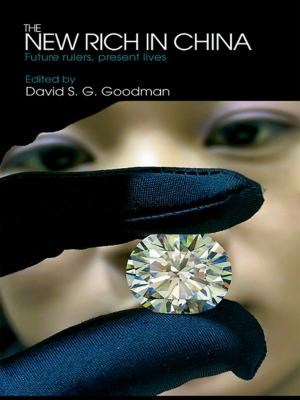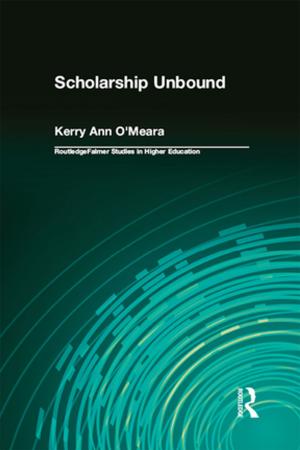Friendship and Queer Theory in the Renaissance
Gender and Sexuality in Early Modern England
Fiction & Literature, Literary Theory & Criticism| Author: | John S. Garrison | ISBN: | 9781134676576 |
| Publisher: | Taylor and Francis | Publication: | January 10, 2014 |
| Imprint: | Routledge | Language: | English |
| Author: | John S. Garrison |
| ISBN: | 9781134676576 |
| Publisher: | Taylor and Francis |
| Publication: | January 10, 2014 |
| Imprint: | Routledge |
| Language: | English |
In this volume, the author offers a substantial reconsideration of same-sex relations in the early modern period, and argues that early modern writers – rather than simply celebrating a classical friendship model based in dyadic exclusivity and a rejection of self-interest – sought to innovate on classical models for idealized friendship. This book redirects scholarly conversations regarding gender, sexuality, classical receptions, and the economic aspects of social relations in the early modern period. It points to new directions in the application of queer theory to Renaissance literature by examining group friendship as a celebrated social formation in the work of early modern writers from Shakespeare to Milton.
This volume will be of interest to scholars of the early modern period in England, as well as to those interested in the intersections between literature and gender studies, economic history and the economic aspects of social relations, the classics and the classical tradition, and the history of sexuality.
In this volume, the author offers a substantial reconsideration of same-sex relations in the early modern period, and argues that early modern writers – rather than simply celebrating a classical friendship model based in dyadic exclusivity and a rejection of self-interest – sought to innovate on classical models for idealized friendship. This book redirects scholarly conversations regarding gender, sexuality, classical receptions, and the economic aspects of social relations in the early modern period. It points to new directions in the application of queer theory to Renaissance literature by examining group friendship as a celebrated social formation in the work of early modern writers from Shakespeare to Milton.
This volume will be of interest to scholars of the early modern period in England, as well as to those interested in the intersections between literature and gender studies, economic history and the economic aspects of social relations, the classics and the classical tradition, and the history of sexuality.















